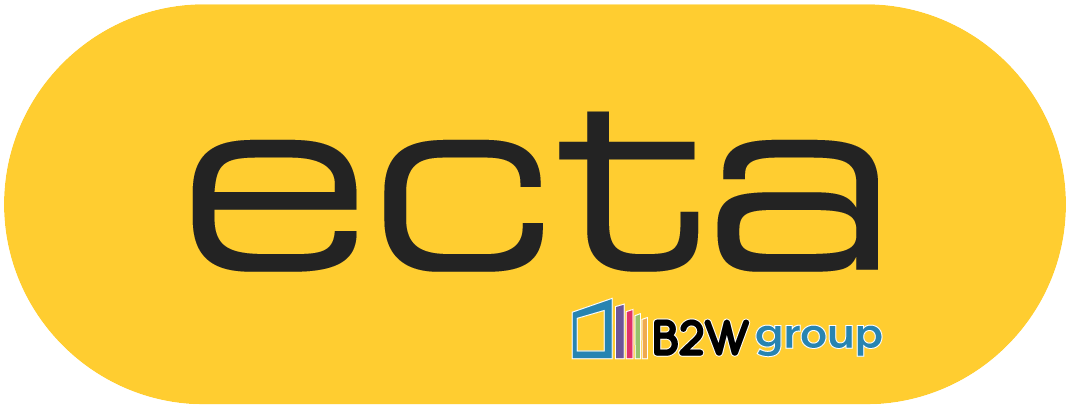According to the Carbon Trust, the public sector could immediately cut its energy bill by £1 billion by taking on more energy efficient projects. Energy efficiency is an important subject for public sector organisations, which often work within tight budgets and must ensure that public money is spent wisely.
Helping your customers with an easy energy saving guide
For example, improved energy efficiency in a hospital without having to compromise on safety or comfort releases funds for further patient care. Educational sectors are also often under financial pressure. An energy efficiency plan can not only save them money but can also improve their learning environment. As a member of the energy industry, offering first-hand advice will not only help these sectors save money, but will bring more trust to you and your service. Here are some words of advice you can pass onto your customers to give them the best savings possible.
Heating, hot water and air conditioning
- Overheating water is far too common and often unnecessary. It’s important to check thermostat controls regularly and to aim for no more than 60°C to preserve energy.
- Overheating office areas is also a common problem. Heating should be set between 19-21°C.
- Heating times should always match up to building occupancy. This means that the timer should always be set for when people are actually there, preferably when busier.
- Consider switching the heating off for 30 minutes to an hour at the end of the day as most buildings can retrain their heat for this period until everyone has left.
- Window blinds are a fabulous choice for maintaining building heat. What’s more, they will reduce solar gain in summer!
- If any buildings use air conditioning, it should really only be used in temperatures above 24°C.
- Ensure pipework is well insulated.
Lighting
- Energy efficient lighting certainly comes with long-term benefits. LED products use 80 per cent less energy could easily replace conventional lamps and generate less heat, meaning less strain on air conditioning systems.
- Windows, skylight and light fittings should be kept clean and well-maintained to prevent light levels from falling.
- Make it clear which lights should be left on and which can be off when not in use.
- Ensure office, cleaning and security staff switch off the necessary lights when leaving areas of the building at the end of the day.
- Time switches and daylight sensors will ensure lights are only on for the requires hours.
Ventilation
- Variable-speed drives can help to reduce the running costs of fans and pumps by up to 30 per cent.
- Air recycling should be optimised, especially at times of low occupancy.
- New equipment should ideally offer high efficiency for heating, ventilation and air conditioning systems.
Additional facts and figures
- For every 1°C of overheating in an educational facility, its fuel consumption will increase by 8-10 per cent.
- Taking simple actions to reduce energy consumption in a hospital could reduce the overall usage by 25 per cent.
- Classrooms that take full advantage of natural light can cut lighting costs by as much as 19 per cent.
Your knowledge and experience is essential for keeping customers happy
From offering guidance and advice to being able to provide a full, up to date service for your customers, you need to have the right knowledge. With a range of courses at ECTA, your career or business will continue to grow. To find out more, get in touch.
